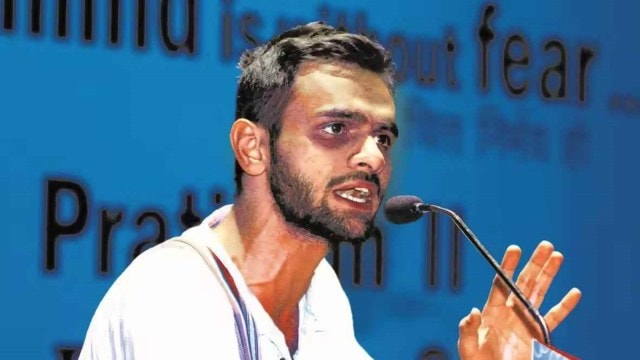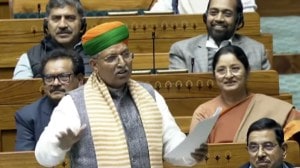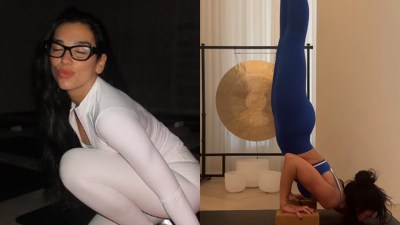Umar Khalid moves SC against HC order denying him bail in 2020 Delhi riots case
A division bench of the HC, comprising Justices Navin Chawla and Shalinder Kaur, had rejected the bail pleas of nine accused in the case, including Khalid, saying the riots were not a “regular protest” but a “premeditated, well-orchestrated conspiracy”.
 Activist Umar Khalid
Activist Umar KhalidActivist Umar Khalid, facing charges of criminal conspiracy under Unlawful Activities (Prevention) Act in connection to the 2020 Delhi riots, which left 53 people dead and hundreds injured, has approached the Supreme Court challenging the September 2 Delhi High Court order denying him bail in the case.
A division bench of the HC, comprising Justices Navin Chawla and Shalinder Kaur, had rejected the bail pleas of nine accused in the case, including Khalid, saying the riots were not a “regular protest” but a “premeditated, well-orchestrated conspiracy”.
The others who were denied relief are Sharjeel Imam, Gulfisha Fatima, Athar Khan, Abdul Khalid Saifi, Mohd Saleem Khan, Shifa-ur-Rehman, Meeran Haider and Shadab Ahmed.
The HC had said, “….in the conspectus of the allegations levelled, it emerges that the role of the appellants – Sharjeel Imam and Umar Khalid – is prima facie grave in the entire conspiracy, having delivered inflammatory speeches on communal lines to instigate a mass mobilisation of members of the Muslim community.”
Drawing a line on the limits of right to protest vis-a-vis the right to freedom of speech, the HC said, “If the exercise of an unfettered right to protest were permitted, it would damage the constitutional framework and impinge upon the law-and-order situation in the country. Any conspiratorial violence under the garb of protests or demonstrations by the citizens cannot be permitted. Such actions must be regulated and checked by the state machinery, as they do not fall within the ambit of the freedom of speech, expression, and association.”
While their trial is yet to begin, the accused have spent five years in jail. Lawyers appearing for the accused had sought bail citing an inordinate delay in the trial and on the grounds of parity, since the other accused in the case had been granted bail.
Natasha Narwal, Devangana Kalita and Asif Iqbal Tanha were granted bail by the HC in June 2021 while a fourth accused, former Congress councillor Ishrat Jahan was granted bail in March 2022.







